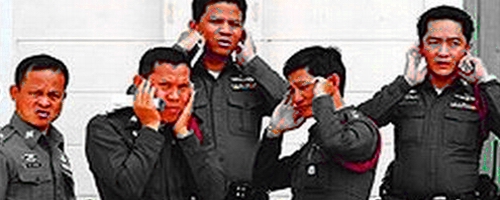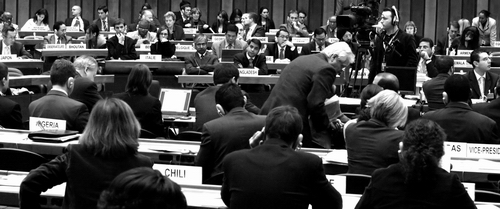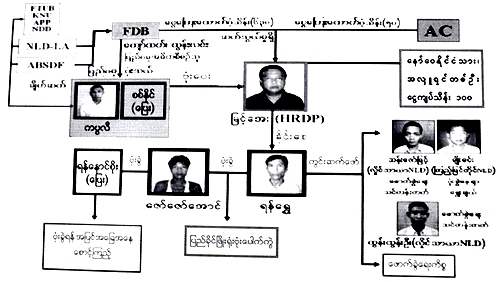
Thailand’s representatives to the United Nations still cling to the outdated idea that if they turn up at a big get-together and make nice comments about how they cherish human rights, then everyone will think things are fine in the land of smiles.
Not surprisingly, they are unhappy when other people tell a different story. So last March, when the Asian Legal Resource Centre addressed the U.N. Human Rights Council concerning Thailand, they weren’t at all pleased.
The Hong Kong-based group told the council that the police are the top abusers of human rights in Thailand, for which they enjoy impunity. The center did not make this statement frivolously. It has for years worked closely with people in the country on dozens of cases that speak to this fact, and it is aware of and has documented hundreds more. Many cases it cannot publicize because to do so would put lives at risk.
Notwithstanding, the government representative, Sihasak Phuangketkeow, claimed that the center’s remarks were “unsubstantiated.” Although his defense of his country’s record was not in itself surprising, the vehemence of his response was remarkable given the piles of evidence to the contrary which groups have accumulated and presented to international bodies over the last decade.
This week the center had a chance to rebut his claim. Continue reading











